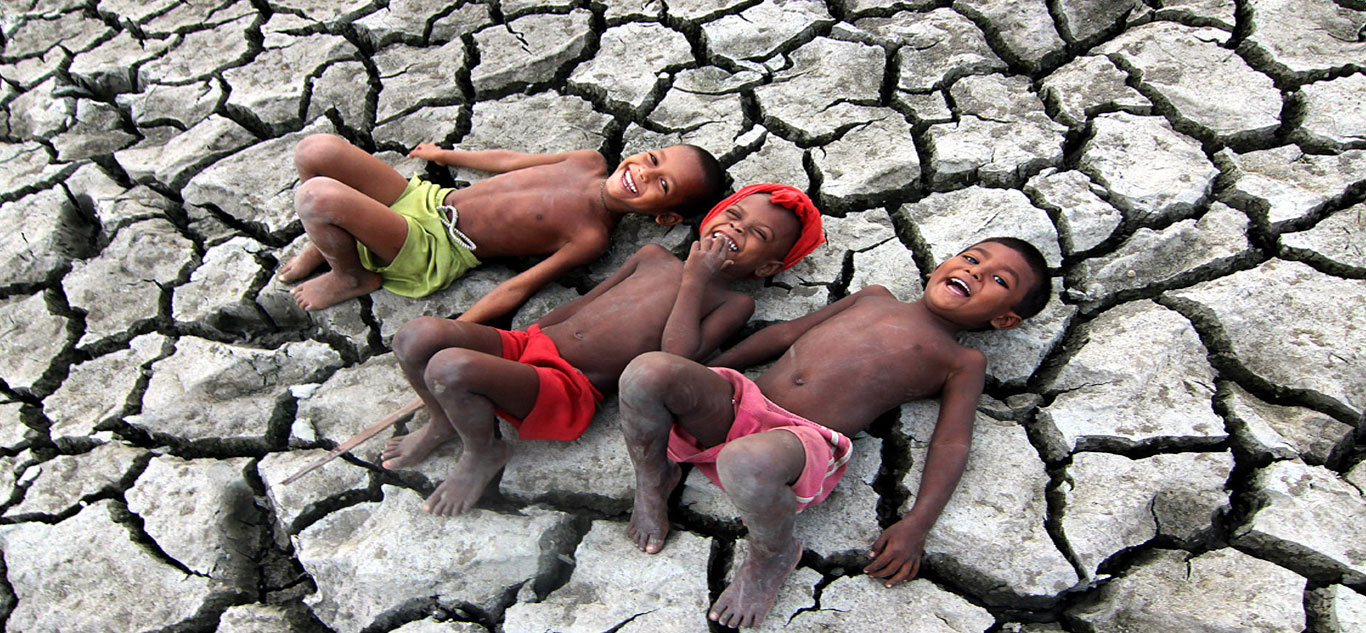
Are your CSR efforts making a difference to Society?
26 May 2016

Corporate Social Responsibility is today a norm practiced in all developed economies around the world. Such efforts are also supported by the governments in a bid to encourage more participation in such campaigns. However the question repeatedly being asked with regards to CSR is about the sincerity and the intent in the efforts.
In a utopian world we will see everyone concerned about another person’s plight and everyone sharing their wealth for the overall prosperity of the society. However this is not practical considering we are all caught up in our own little cosmos of turmoil’s and challenges that we need to overcome each day. Keeping the individual aside, even companies have to overcome their challenges in their steadfast march towards growth and profits. In this vicious cycle CSR typically turns into the proverbial ‘must haves’ on the checklist for most companies.
While the general intent is to support and give back to society, how does one adopt a CSR effort that can lso successfully portray its true purpose?
The answer is simple. Look around you carefully and try to address hard hitting issues plaguing the society.
Let us look at the first half of 2016 alone and analyze what crisis situations are making headlines in recent months in India.
This is only a snapshot of the acute vagaries that a nation like India has to combat on a periodic basis. It is a mind numbing experience when one tries to actually fathom the true impact of these climatic and geographic disasters. Add to this the socioeconomic divide in our country is a gaping chasm resulting in large segments of our population who do not even have access to basic amenities, who end up at the receiving end.
Given this grave scenario, companies investing in CSR have a lot to ponder about such real life situations. These are crisis conditions impacting our society and any company who can contribute to alleviate those impacted by these conditions will emerge a hero.
I understand, one will argue that these are transitioning conditions and should ideally be handled by the government. While the overall management of the situation is definitely a prerogative of the government, I believe large companies can easily contribute and make considerable difference in society. This can in turn help in also building further awareness for the cause and help generate more positive momentum towards addressing it.
There is definitely no silver bullet and companies must adopt a CSR strategy that best suits the nature of their business, size of the company, scale of operations something that best reflects their own identity, etc. However large companies that engage in CSR as a definitive part of their operations can ideally adopt a twin strategy to achieve their goals.
The programme could ideally include Long Term commitments and Situation or Emergency led commitments.
In this bucket, companies can identify a suitable cause or theme that is in line with their business interests and category. For instance a Dell or an IBM can take up education as a cause and look to empower the many underprivileged children with education in the country. Unilever or P&G can take up more overarching issues like empowering underprivileged kids or adopting villages, sanitation, healthcare, etc. These umbrellas can be used for yearlong commitments to monitor progress and results over a period of time.
This cluster is in essence the purpose of my article. I believe these unexpected crisis conditions in the country are often ignored simply because of the scale of the crisis. The complexity of the problem and the fact that it impacts remote parts of the country are other reasons.
Paradoxically, while I agree that there was a phenomenal out pour of support during the Tsunami that hit India in 2004 or the sudden floods that enveloped Chennai in 2015 and during other devastating earthquakes. However drought situations, farmer crisis, water scarcity are typically ignored. But what such situations of epic proportions requires is a more concerted effort from society. Companies could do this by setting aside a substantial chunk of their CSR funds for such eventualities. This way the companies will not have to scramble for funds once the situation arises. It has also been observed that if a company commits a large amount up front for a cause, there is considerable euphoria among the employees to contribute generously and not to mention the resultant goodwill.
Companies should also try and take this a step further by encouraging their employees to contribute their personal time and other useful resources. While this is no easy task, if implemented successfully the goodwill and the learnings from such an exercise can be overwhelming not only for the company, but for participating individuals as well.
Hence in a nutshell, I believe companies should look beyond the usual suspects when it comes to supporting in CSR. Even CSR like any other domain is facing repetition and saturation of overlapping ideas. It is time to introspect and look at other real world problems and evaluate how companies can make a genuine difference by contributing.